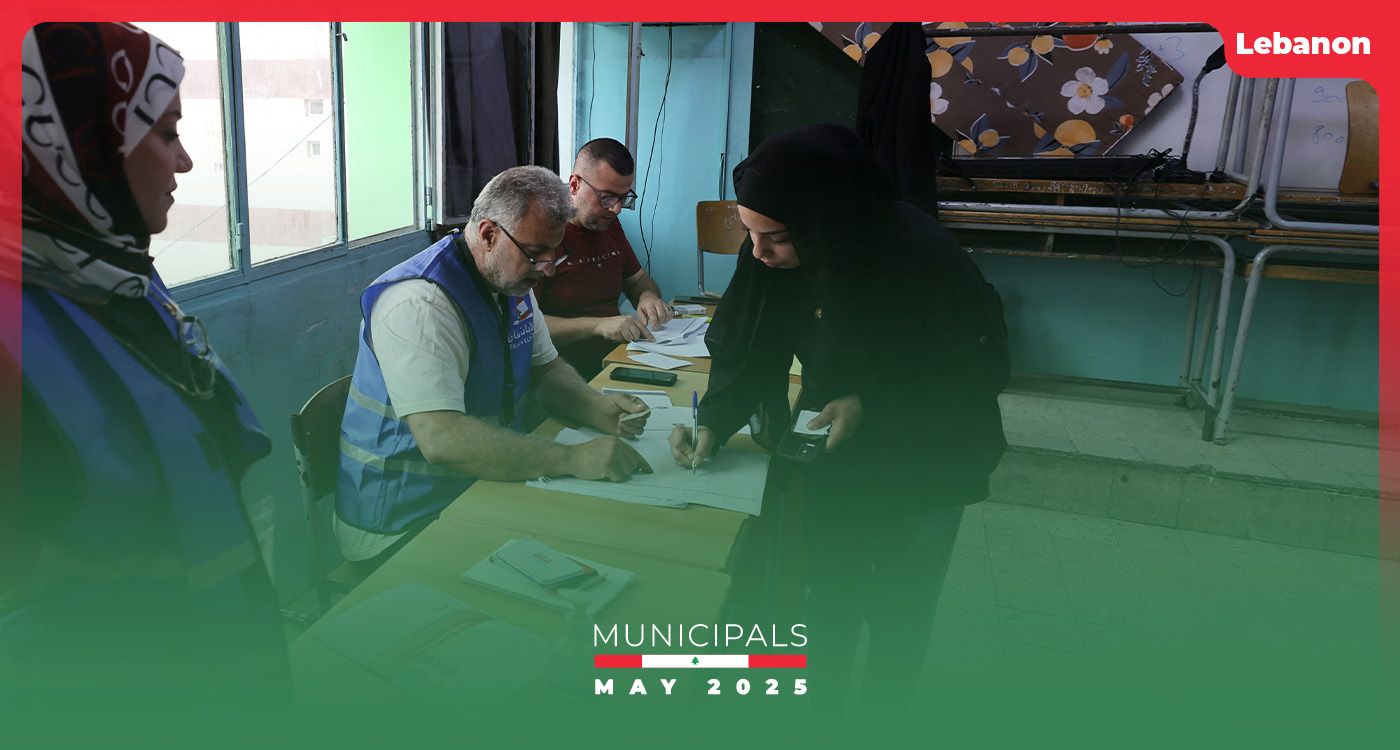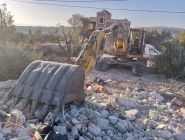
These are no ordinary municipal elections. The first round, held on Sunday, May 4, in the strategically significant Mount Lebanon region, marks more than just a local vote. This election, and those to follow across the country in the coming weeks, could break with past patterns. What sets this moment apart is the broader context: a time of profound local, regional and international shifts. Understanding this evolving landscape requires recognizing a new balance of power and emerging rules, ones that may help Lebanon move past its recent political paralysis.
Traditionally, municipal elections, especially in rural areas, have been dominated by familial, tribal or local interests. But the geopolitical upheavals reshaping Lebanon and the broader Middle East have now injected a distinctly political dimension into these local contests, particularly in urban centers.
Two key dynamics define the current moment. First, the sovereigntist camp—composed of factions opposing regional interference—has gained momentum, particularly in light of the collapse of Bashar al-Assad’s regime in Syria. Second, the so-called “obstructionist” axis, led by Tehran, has emerged weakened following its recent confrontation with Israel. These shifts are expected to influence voting patterns in major municipalities.
That said, caution is warranted. Internal rivalries and narrow partisan agendas within the sovereigntist camp could undercut its advantage. Meanwhile, Hezbollah, though weakened politically, retains significant coercive power. This is largely due to its continued resistance—likely directed by the Iranian Revolutionary Guard Corps—to implementing UN Security Council Resolution 1701 and fully adhering to the ceasefire agreement with Israel reached last September.
This resilience may allow the Hezbollah-Amal alliance to mitigate losses in its traditional strongholds. Moreover, through strategic local alliances, it may still influence results in areas targeted by the sovereigntist opposition. Notably, a Hezbollah-affiliated commentator on Al-Manar TV recently criticized emerging municipal coalitions between the Lebanese Forces, the Kataeb Party and prominent political families, calling for a “firm response.”
Despite these caveats, the importance of the May elections extends well beyond municipal boundaries. Perhaps for the first time in Lebanon’s modern history—if not undermined by short-sighted political maneuvering—a serious step toward decentralization could take root, one that goes beyond administrative reform.
After decades of crisis, it is high time that municipalities, and especially federations of municipalities, be granted greater authority and independent financial resources. This would enable them to implement real social, economic and cultural development initiatives at the village, urban and regional levels.
Lebanon has long been a mosaic of communities and cultural identities—a richness that should be reflected in local governance. Municipal councils must be empowered, both legally and financially, to serve as engines of development and custodians of diversity. Pluralism in Lebanon is not a flaw to be managed, but a foundation to be strengthened. Denouncing it in public while exploiting it in practice, as some sectarian actors do, only erodes the fragile social fabric that gives the country its distinctive character.




Comments